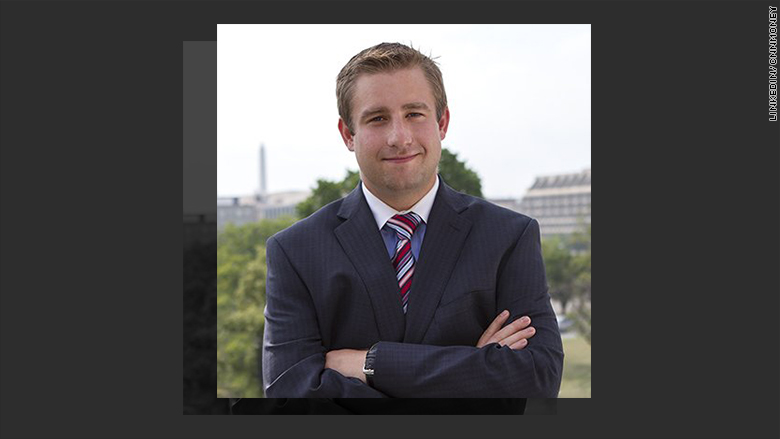
The Washington Times on Monday issued a lengthy retraction and apology for an editorial it published in March about Aaron Rich, the brother of the slain Democratic National Committee staffer Seth Rich whose unsolved murder became the basis for conspiracy theories on the far-right.
"The Column included statements about Aaron Rich, the brother of former Democratic National Committee staffer Seth Rich, that we now believe to be false," read part of the retraction.
The retraction added, "The Washington Times apologizes to Mr. Rich and his family. All online copies of the Column have been deleted and all online content referencing the Column has been deleted to the extent within The Washington Times' control."
The retraction came as part of a settlement Aaron Rich reached with The Washington Times after he filed a lawsuit against the conservative newspaper -- and others -- in March, his attorney Michael Gottlieb told CNN.
Gottlieb declined to discuss other terms of the settlement, but said that the "apology and retraction are robust" and that he saw it as "a significant step forward in clearing Aaron's name."
In a statement, Aaron Rich said he accepted the newspaper's apology.
"The last two years have brought unimaginable pain and grief to my family and me," Aaron Rich said. "I lost my only brother to a murder that to this date has not been solved, only to then have politically-motivated conspiracy theorists falsely accuse me of grotesque criminal acts. I accept the Washington Times' retraction and apology, and I am grateful that the Washington Times has acknowledged the indisputable truth that these allegations are, and always have been, false. As to the remaining defendants, I look forward to my day in court."
The Washington Times' initial article, which the lawsuit said was published both online and in print, stated that it was "well known in intelligence circles that Seth Rich and his brother, Aaron Rich, downloaded the DNC emails and was paid by Wikileaks for that information."
The article cited no evidence to support the assertion.
"The Washington Times now does not have any basis to believe any part of that statement to be true, and The Washington Times retracts it in its entirety," the newspaper's Monday retraction said.
Seth Rich was fatally shot in Washington, DC, in July 2016. Police have said evidence indicates he was the victim of a botched robbery, but in the wake of his death, far-right activists and media organizations suggested something far more sinister. Without real evidence, they peddled a conspiracy theory that said Seth Rich leaked a trove of DNC emails to Wikileaks and was killed in retribution for the supposed leak. The theory was convenient for some on the right as they disputed allegations Russia hacked the DNC, something President Donald Trump had raised doubts about.
While Aaron Rich reached a settlement with The Washington Times and will be dropping the newspaper from his lawsuit, he will continue to pursue legal action against the other parties he alleges defamed him, Gottlieb said. Those parties include Texas businessman Ed Butowsky, fringe Internet activist Matt Couch, and Couch's media company America First Media.
When previously asked about the lawsuit, Butowsky told CNN he had no idea what Aaron Rich was "talking about" and asked, "I have nothing else to say, other than how many more family members do the Riches have that want to sue me?" Couch said in a Persicope video at the time that he was "being sued for investigating the truth" and signaled to his audience that he would not back down.


